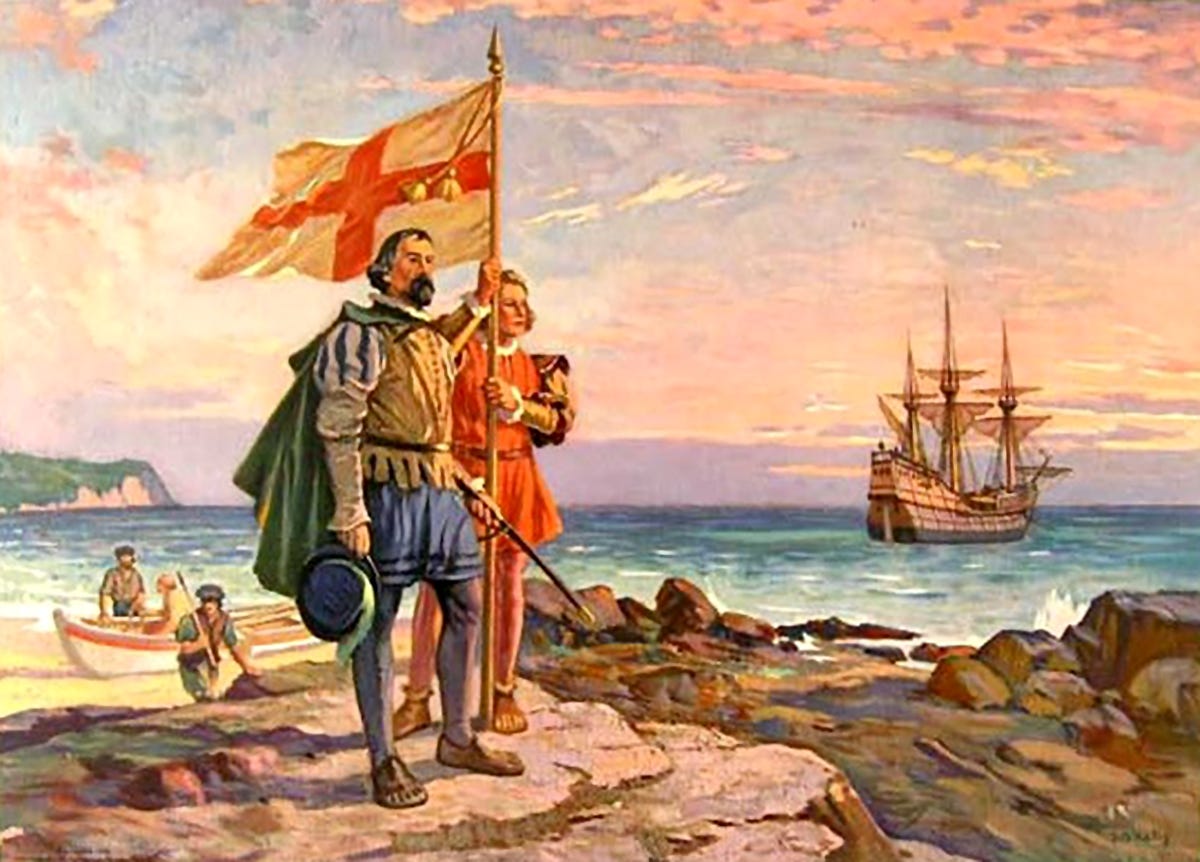From Venice to England
Was the British Empire born in Venice?
“The oligarchical system of Great Britain is not an autochthonous product of English or British history. It represents rather the tradition of the Babylonians, Romans, Byzantines, and Venetians which has been transplanted into the British Isles through a series of upheavals.” – Webster G. Tarpley.1
Great Britain and by extension the United States of America, represent the latest incarnation of a long held tradition, one which has been observed since humans first engaged in trade and commerce. This tradition, developed in the East, was transplanted to the West by Phoenician traders.
In his introduction to The Sea Traders, archeologist James B. Pritchard writes: “They became the first to provide a link between the culture of the ancient Near East and that of the uncharted world of the West… They went not for conquest as the Babylonians and Assyrians did, but for trade. Profit rather than plunder was their policy.”2
Historians have concluded that Phoenician trade was a family based structure, with their overseas colonies functioning as branches or foreign subsidiaries in a multinational setting3 – this is perhaps the birth of the international merchant class.
The cities and nations which these merchants inhabited were merely bases for their commercial activities. Once faced with turmoil or want of expansion, they simply transferred their families and fortunes to a new host. Their identities were based not on ethnicity or nationhood but on family, commerce, and religious ideologies. I cover this particular characteristic in my post The Merchant Caste.


